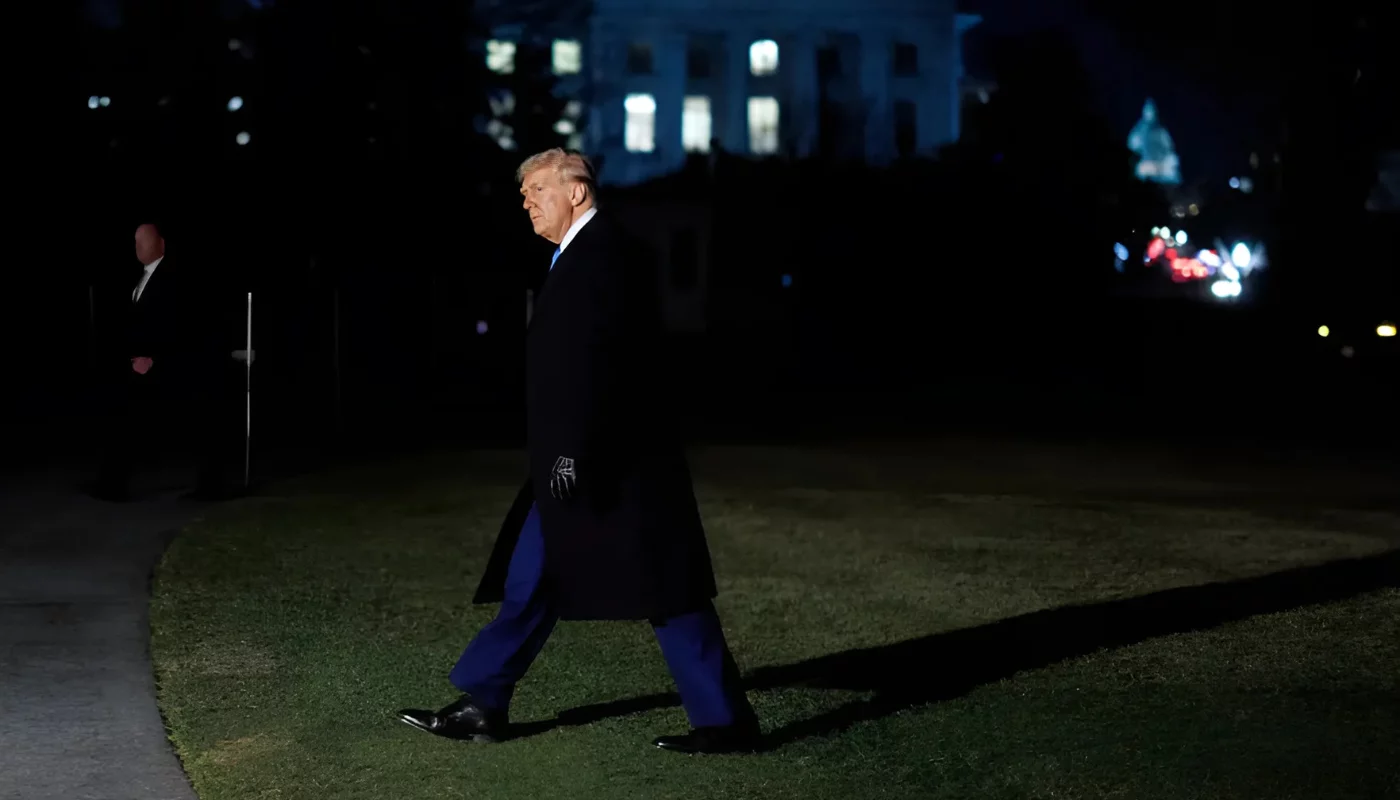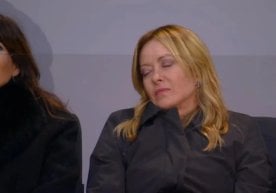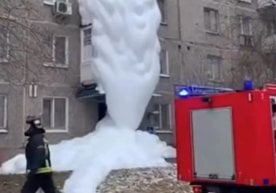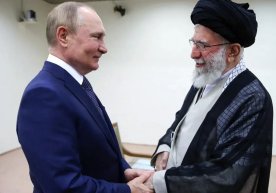Trump believes he will end the war "this week"

Photo: Aaron Schwartz / CNP / Bloomberg / Getty Images
US President Donald Trump hopes to reach an agreement to resolve the war between Russia and Ukraine in the near future, White House press secretary Caroline Leavitt said on February 22.
“The president and his team are very focused on continuing negotiations with both sides to end the conflict, and the president is confident that we can achieve that this week,” Leavitt said, but did not provide any details on how Trump intends to do so.
According to the press secretary, Trump “believes that Russia is ready to make a deal, and he is working to make a deal.” He added that Trump's national security adviser, Mike Walz, "is working 24 hours a day, even on weekends, to make a deal and to end the conflict in Ukraine."
"The president said he wants to see the killing stop, that innocent people don't die, and that there is peace," the White House spokesman added.
Meanwhile, Ukraine and the United States are continuing talks to reach a deal on minerals. On February 22, Donald Trump said that the United States intends to acquire Ukraine's vital minerals and oil, as well as "everything it can get."
According to The New York Times and NV, on February 21, US officials handed Ukraine a more stringent version of the natural resources agreement that Ukrainian President Volodymyr Zelensky had previously rejected. The new version would give the United States 100 percent ownership of the future fund, which would also have the right to mine the mineral resources. Also, according to media reports, American officials have indicated that the size of the fund in the agreed version will be $ 500 billion - Trump wants to receive exactly the same amount of compensation for the costs incurred by the United States in providing military and financial assistance to Ukraine.
Ukrainian officials have opposed the US demand to create a joint fund of $ 500 billion, a Ukrainian official familiar with the negotiations told Bloomberg on condition of anonymity. According to him, the new version of the agreement does not contain any guarantees of future US military and financial assistance.
According to Bloomberg, Ukraine has responded with a five-fold reduction - about $ 90 billion. A source from Ukrainian Radio NV also reported a similar amount: "We have now reduced this [US] proposal to $ 100 billion and handed it over to [President Trump's special envoy Keith] Kellogg."
Mykhailo Podoliak, an adviser to the head of the Ukrainian presidential administration, told Ukrainian journalists on February 23 that the agreement on mineral resources would be signed soon. “The agreement is being discussed, it is being discussed at various levels with sufficient care, working groups have been formed. When it will be signed is, of course, a matter of the near future,” Podoliak said.
French President Emmanuel Macron and British Prime Minister Keir Starmer are preparing to go to the United States for talks. They plan to present Donald Trump with a plan to deploy up to 30,000 European peacekeepers in Ukraine on February 24 and 27, respectively, if Moscow and Kiev reach an agreement on a ceasefire, The Wall Street Journal reports, citing its sources.
According to the publication, Macron and, possibly, Starmer will try to persuade the United States to send part of the American troops to “retaliate” in the event of a threat from Russia to European troops in Ukraine.
Officials say the plan being developed by European countries does not require the United States to deploy forces in Ukraine, something Trump opposes. The sources say the United States could use air defense systems in neighboring countries and provide additional air defense systems to Europe. Officials say Europe would have difficulty deploying peacekeeping forces without Trump's support.
European countries are also discussing the possibility of confiscating frozen Russian assets, Bloomberg reported. According to sources familiar with the negotiations, European officials are exploring the possibility of using Russian Central Bank assets as collateral for the activities of an international claims commission that is planned to determine the amount of compensation to be paid to Ukraine. The assets could be seized if Moscow refuses to pay, the agency writes.
According to the interlocutors, the option of European Union countries confiscating Russian sovereign assets as compensation for the destruction of Ukraine's energy infrastructure is also being considered. The proposal for full asset confiscation has been opposed by some European Union countries, including Germany and France, due to potential legal and economic consequences.
Bloomberg notes that the proposals being considered in the European Union are complicated by the fact that the G7 countries have already used the proceeds from Russia’s frozen assets as collateral for a $50 billion loan to Ukraine.
The European Commission has told EU ambassadors that talks on the creation of an international claims commission will begin on March 24, the sources said. They added that the issue will be discussed at a meeting of EU foreign ministers on February 24.
The EU, the G7 and Australia have frozen about $280 billion in Russian Central Bank securities and cash, mostly held in Belgium’s Euroclear, since the start of the Russia-Ukraine war. In addition, the US Treasury Department estimates that about $58 billion in assets have been frozen as part of sanctions against Russian businessmen. This includes the prices of Russian oligarchs' homes, yachts, private jets, and other properties. Read “Zamin” on Telegram!
Ctrl
Enter
Found a mistake?
Select the phrase and press Ctrl+Enter 





















